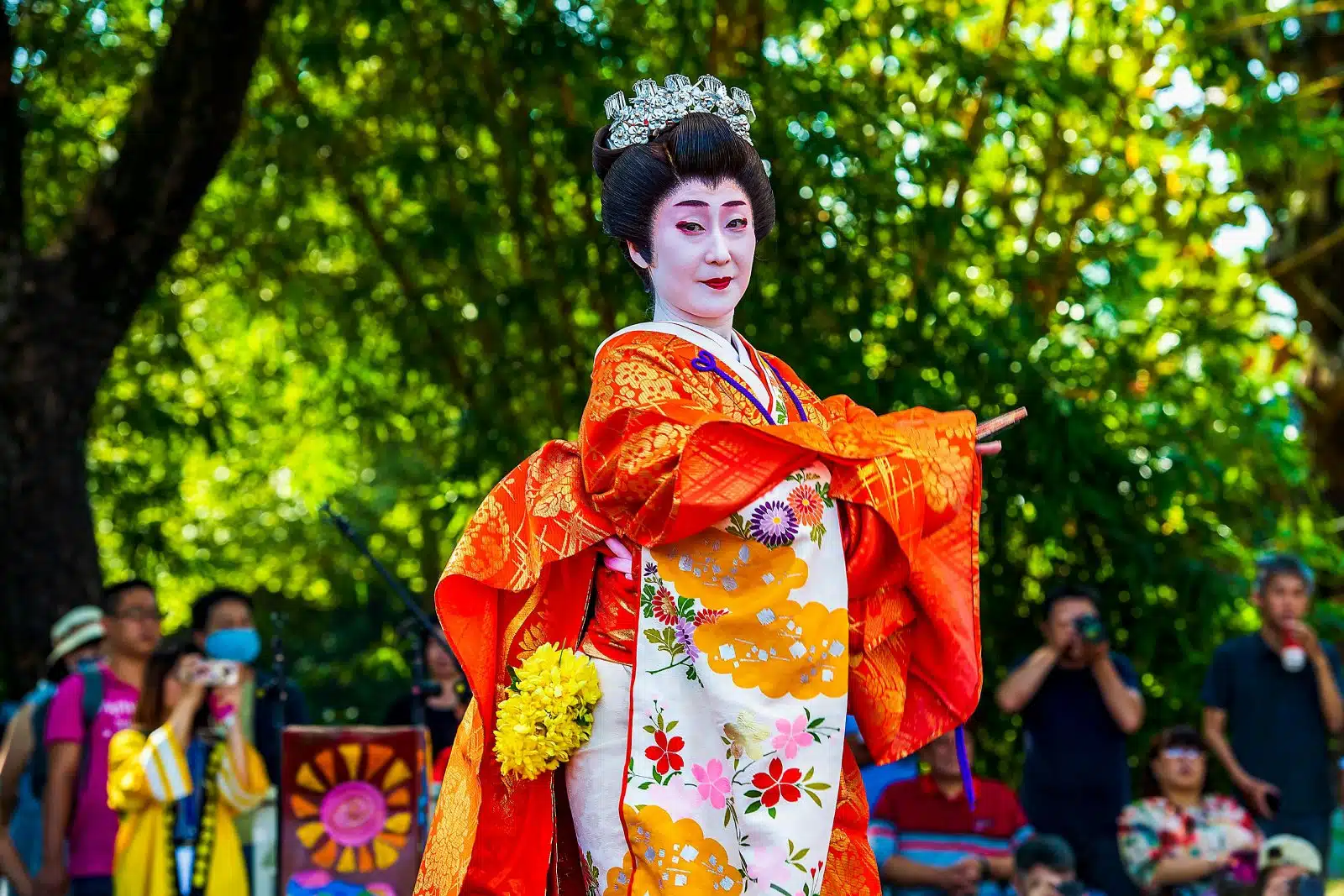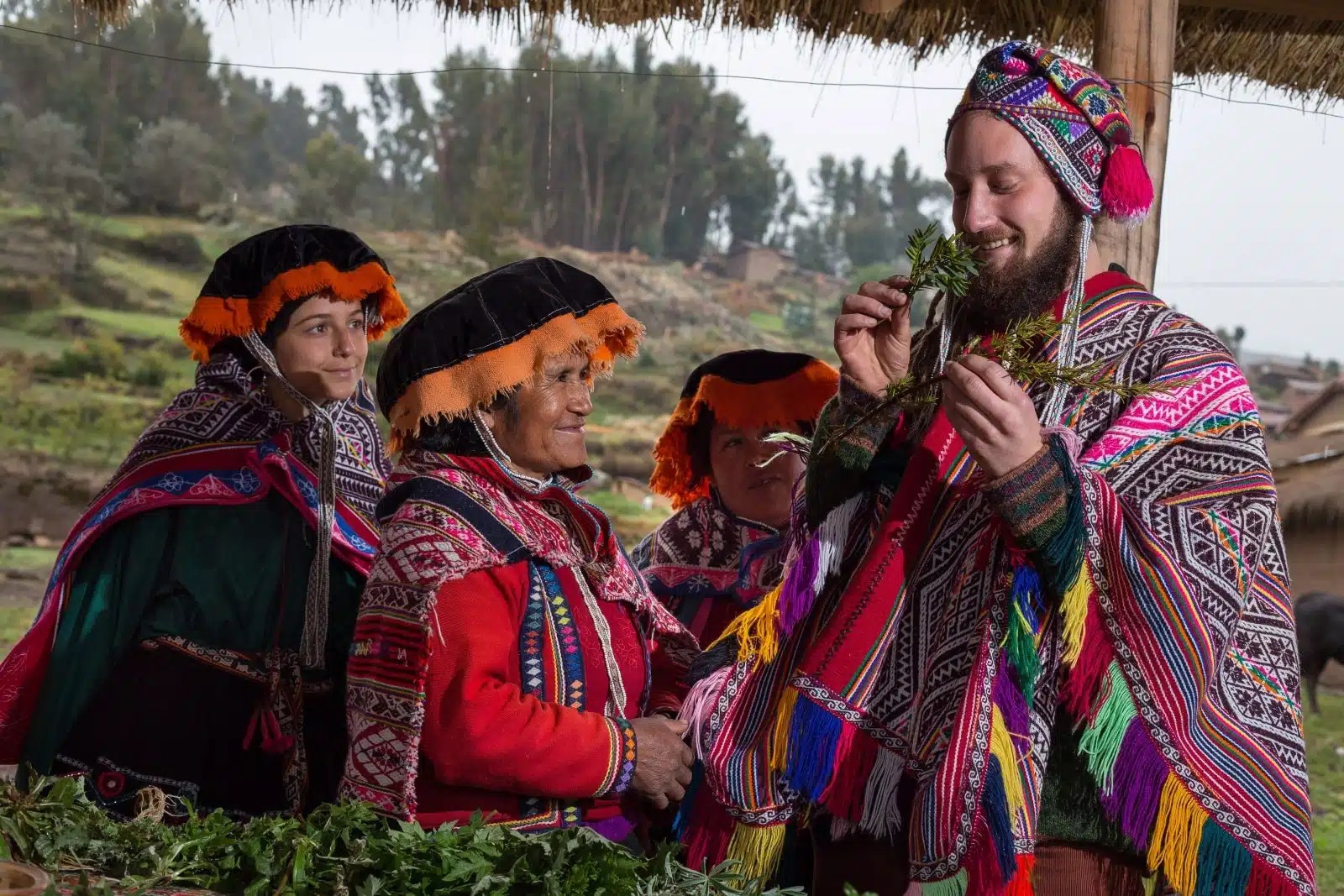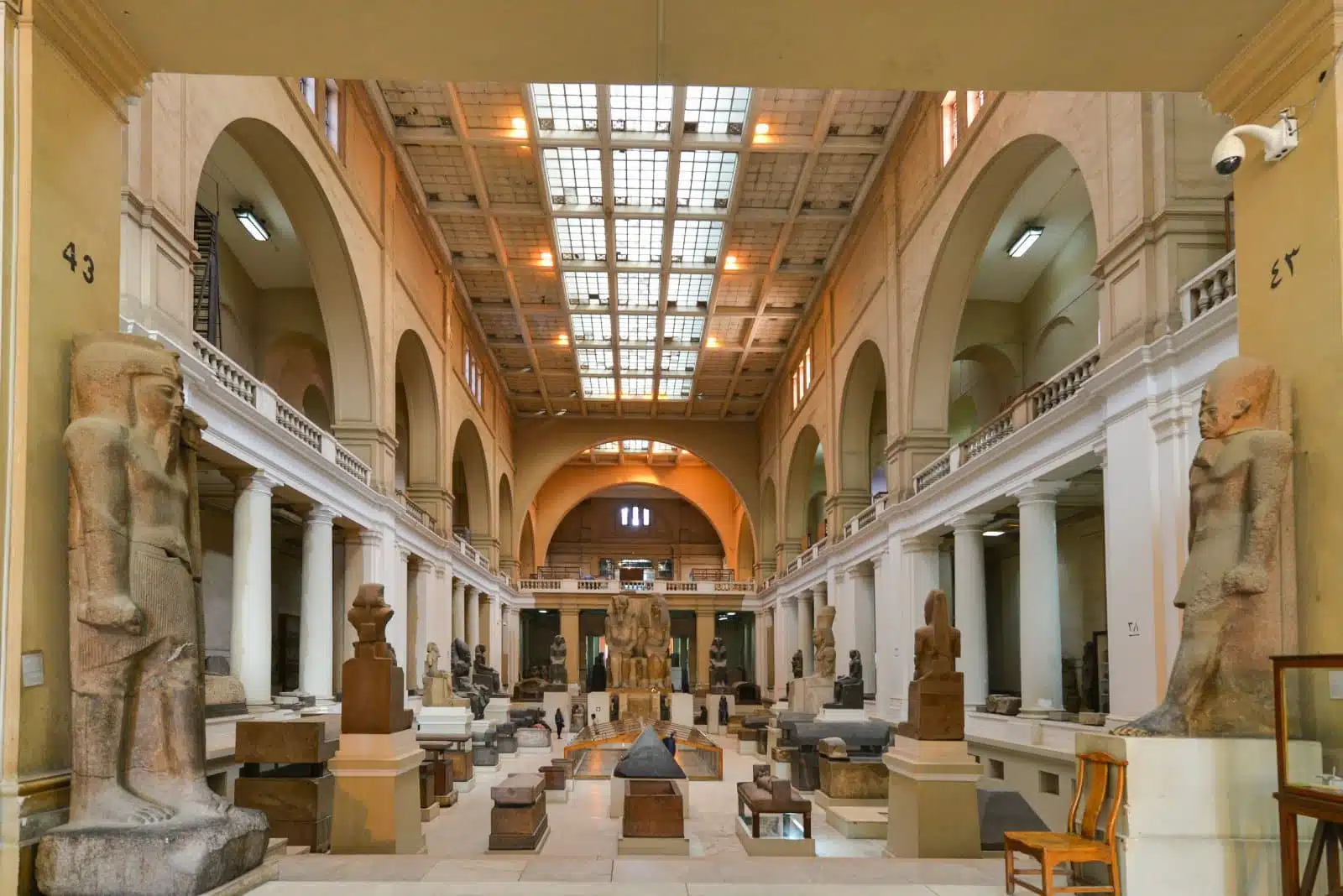Have you ever considered if your quest for adventure crosses into cultural imperialism? The fascination with Eastern cultures isn’t just about exploring new lands but can turn into exploitation. Here are 19 instances where Western travelers blurred the line between exploration and exploitation in Eastern lands.
1. The Exoticization of Local Traditions

Image Credit: Pexels / Klub Boks
Western travelers often romanticize local traditions without understanding their cultural significance, reducing deep and meaningful practices to mere entertainment.
2. Voluntourism in Vulnerable Communities

Image Credit: Shutterstock / KKFilms
Projects in places like Cambodia or Nepal can perpetuate dependency, with short-term volunteers taking jobs from local workers without providing sustainable help.
3. Sacred Sites as Tourist Spectacles

Image Credit: Shutterstock / Bule Sky Studio
Sacred sites in countries like India and Thailand are sometimes treated as tourist backdrops rather than places of spiritual importance, disrupting worshippers.
4. Westernized Yoga Retreats

Image Credit: Shutterstock / Evgeny Atamanenko
Yoga, deeply spiritual and historical in India, is often commercialized in retreats that strip away its cultural and religious context for a Western audience.
5. The Commodification of Spiritual Practices

Image Credit: Shutterstock / Suriya99
Spiritual practices, such as meditation in Buddhist countries, are marketed to tourists as exotic experiences, detaching them from their religious roots.
6. Misrepresentation of Eastern Histories

Image Credit: Shutterstock / Trong Nguyen
In countries with complex histories like Vietnam and China, Western narratives can sometimes overshadow local perspectives, particularly in guided tours and travel literature.
7. Disrespectful Behavior at Cultural Sites

Image Credit: Shutterstock / Tint Media
Tourists often ignore local customs and rules, showing disrespectful behavior at culturally significant sites, like wearing inappropriate clothing or making disrespectful comments.
8. Overconsumption of Fragile Ecosystems

Image Credit: Pexels / Lenita Tropical
Travel spots in Indonesia and the Philippines see ecosystems threatened by the influx of tourists who damage coral reefs and natural habitats.
9. Unequal Economic Benefits

Image Credit: Shutterstock / Jacob Lund
The economic benefits of tourism often favor foreign companies and tour operators, with only a fraction of the tourism dollars reaching local communities.
10. Stereotyping Local People

Image Credit: Shutterstock / freevideophotoagency
The stereotyping of Eastern peoples serves to create a simplified, often inferior image that caters to Western perceptions and biases.
11. Intellectual Property Theft

Image Credit: Shutterstock / Yuri Ugarte – Supay
Traditional knowledge and cultural expressions are sometimes appropriated by Western entities without proper recognition or compensation to the indigenous sources.
12. Artifacts as Souvenirs

Image Credit: Shutterstock / Orhan Cam
Historical artifacts from countries like Egypt and Iraq have been taken by tourists, losing cultural heritage and violating laws.
13. Promotion of Inauthentic Experiences

Image Credit: Shutterstock / Mocha.VP
Tour operators sometimes construct inauthentic representations of culture — like staged dances or festivals — that do not reflect the local traditions accurately.
14. Gentrification of Neighborhoods

Image Credit: Shutterstock / cowardlion
In cities like Istanbul and Beijing, traditional neighborhoods are transformed to cater to tourists, displacing local residents and altering the area’s character.
15. Undermining Local Governance

Image Credit: Shutterstock / Ground Picture
Tourist dollars can sometimes influence local policies and governance, prioritizing tourism development over the needs of the local population.
16. Exploitative Wildlife Tourism

Image Credit: Shutterstock / John Michael Vosloo
In Thailand and Malaysia, wildlife tourism often results in the unethical treatment of animals, like elephants, for entertainment purposes.
17. Adoption of Western Standards

Image Credit: Shutterstock / Monkey Business Images
In efforts to appeal to Western tourists, local businesses may adopt Western standards, diluting the local culture and experience.
18. Pressure on Local Infrastructure

Image Credit: Shutterstock / blvdone
The influx of tourists places pressure on local infrastructure in countries like Bhutan and Nepal, which may not be equipped to handle high tourist volumes.
19. Cultural Homogenization

Image Credit: Shutterstock / gpointstudio
The pervasive influence of Western culture through tourism can lead to a homogenization of local cultures, diminishing their distinctiveness and value.
Navigating the Fine Line

Image Credit: Shutterstock / NDAB Creativity
These examples highlight the complex interplay between adventure-seeking and cultural imperialism in the East by Western travelers. While the pursuit of new experiences is a natural part of travel, it carries a responsibility to respect and preserve the integrity and autonomy of local cultures and communities.
More From The Green Voyage
Top 10 Trending Travel Destinations 2024
6 Essential Banking Apps for International Travel – Managing Your Finances on the Go
Traveling With Kids – 10 Tips to Create Memorable Family Holidays
The post Western Travelers in Eastern Lands – Adventure or Imperialism? first appeared on The Green Voyage.
Featured Image Credit: Shutterstock / DavideAngelini.
For transparency, this content was partly developed with AI assistance and carefully curated by an experienced editor to be informative and ensure accuracy.
Tips for Trip Success
Book Your Flight
Find an inexpensive flight by using Kayak, a favorite of ours because it regularly returns less expensive flight options from a variety of airlines.
Book Your Hotel or Special Accommodation
We are big fans of Booking.com. We like their review system and photos. If we want to see more reviews and additional booking options, we go to Expedia.
You Need Travel Insurance!
Good travel insurance means having total peace of mind. Travel insurance protects you when your medical insurance often will not and better than what you get from your credit card. It will provide comprehensive coverage should you need medical treatment or return to the United States, compensation for trip interruption, baggage loss, and other situations.Find the Perfect Insurance Plan for Your Trip
